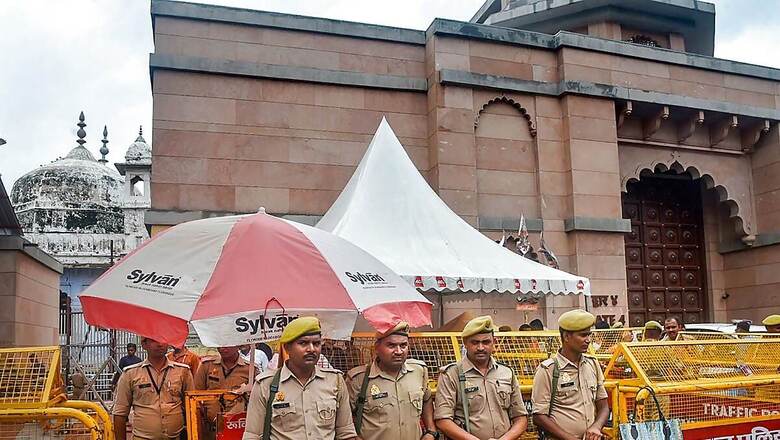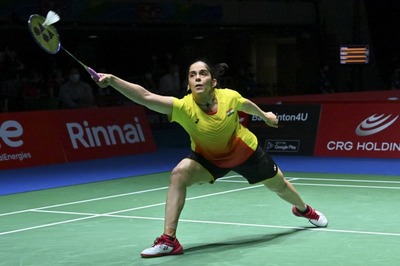
views
The Allahabad high court dismissed on Tuesday pleas by the Muslim side challenging civil suits filed by Hindu parties seeking the restoration of a temple at the site of Varanasi’s Gyanvapi mosque.
The high court also directed a court in Varanasi, where the Hindu parties had filed their petitions, to complete hearing in the matter within six months.
While speaking to CNN-News18, Hari Shankar Jain, a Hindu side lawyer said: “This is the second judgment of Allahabad HC. This judgement is right. Place of worship act is not applicable in this case. Only with evidence it can be proved whether a place is a religious structure or not.”
Petitions filed by the Anjuman Intezamia Masajid Committee (AIMC) and the Uttar Pradesh Sunni Central Waqf Board also contest a Varanasi court’s April 8, 2021 order to conduct a comprehensive survey of the Gyanvapi mosque.
On December 8, Justice Rohit Ranjan Agarwal reserved judgment after listening to arguments from the petitioners’ and respondent’s counsels. The AIMC, responsible for managing the Gyanvapi mosque near the Kashi Vishwanath temple in Varanasi, questions the validity of a lawsuit brought before a Varanasi court. In this lawsuit, Hindu petitioners seek the restoration of a temple at the current site of the Gyanvapi mosque.
According to Hindu side plaintiff, the Gyanvapi mosque is a part of the temple. However, the primary contention of the Anjuman Intezamia Masajid Committee and the UP Sunni Central Waqf Board is that the suit is prohibited by the Places of Worship Act (Special Provisions) Act of 1991, which restricts altering the character of a religious places as it existed on August 15, 1947.
History of Petitions
Three petitions pertained to the case’s maintainability filed in the Varanasi court in 1991, while the remaining two applications were filed against the ASI’s survey order.
The lawsuit initiated in the Varanasi court in 1991, on behalf of the litigation friends of Lord Adi Vishweshwar Virajman, sought the handover of the disputed premises to Hindus for worship.
In 1991, cases were filed in the Varanasi court by Somnath Vyas, Ramnarayan Sharma, and Harihar Pandey.
The Muslim side contended that Adi Vishweshwar’s case under the Places of Worship Act of 1991 couldn’t be heard.
The Hindu side argued that since the dispute predates independence, the Places of Worship Act wouldn’t be applicable to the Gyanvapi dispute.


















Comments
0 comment